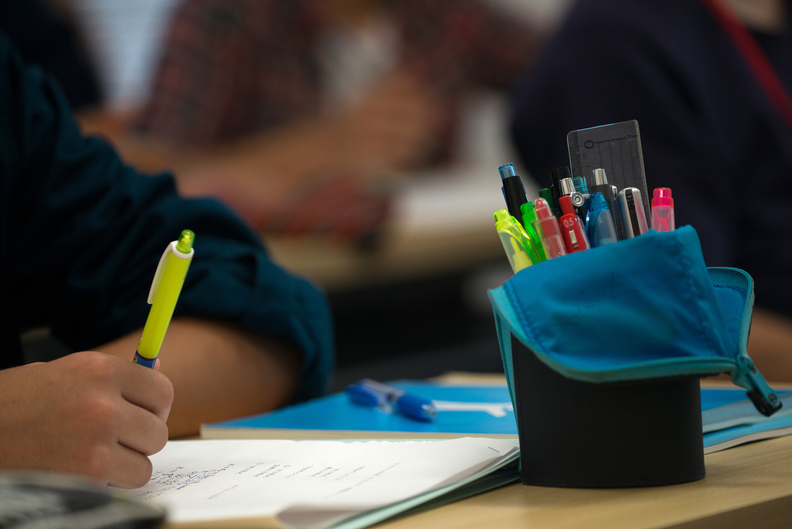New Yorkers should pay attention to the yeshiva schools controversy
Schools that deprive children of basic skills get millions of taxpayer dollars
As these guidelines apply to all private schools, it’s been met with a
bit of an uproar. Several politicians have been swift to pander to
Agudath Israel—an Orthodox Jewish advocacy organization—and yeshiva
leaders by portraying this as an assault on yeshivas and calling on the
state to back off.
Schools in the Orthodox Jewish community exist along a spectrum. The Modern Orthodox schools offer a well-rounded Jewish education as well as a robust secular education, by which I mean instruction in English, math, science, history, physical education, etc. Graduates of these Modern Orthodox schools do quite well academically and professionally, and their successes are now being touted as “proof” that the yeshiva system works and is even superior to public schools.
Portraying the guidelines as an attack on all yeshivas is
shortsighted, foolish and dangerous. The education of thousands of
children is at stake. One can choose to be misinformed or one can take
the time to learn the truth. If the state succumbs to special-interest
pressure, the ultimate victims will be more generations of Hasidic
children.
New Yorkers should be paying close attention for several reasons. Hasidic schools receive millions of taxpayer dollars. With students emerging without a high school education or even basic English language skills, their career prospects are limited and their families struggle from the start.
A parent’s right to choose to send a child to yeshiva is unquestionable, but there is no parental or communal right to deny children the tools necessary to survive and thrive.
It is no secret that thousands of young Hasidic families, primarily in the communities of Williamsburg, New Square and Kiryas Joel, depend on government aid to survive. Now that their children attend the same or similar schools, we can expect the cycle to continue for another generation.
Advocating for secular education is not about providing abstract information in the classroom. It’s about giving young Jewish men the means through which they can lead dignified lives and support their families, which is a tall order without proper education. They should have the options of joining the workforce and reap opportunities available to all U.S. citizens. Far from being a threat to the community, secular education is the only way to save the community.
Schools in the Orthodox Jewish community exist along a spectrum. The Modern Orthodox schools offer a well-rounded Jewish education as well as a robust secular education, by which I mean instruction in English, math, science, history, physical education, etc. Graduates of these Modern Orthodox schools do quite well academically and professionally, and their successes are now being touted as “proof” that the yeshiva system works and is even superior to public schools.
In fact, the majority of those advocating
for educational improvement are former Hasidic students who were never
provided a proper education. They care deeply about the Jewish community
and about the education and welfare of children.
New Yorkers should be paying close attention for several reasons. Hasidic schools receive millions of taxpayer dollars. With students emerging without a high school education or even basic English language skills, their career prospects are limited and their families struggle from the start.
A parent’s right to choose to send a child to yeshiva is unquestionable, but there is no parental or communal right to deny children the tools necessary to survive and thrive.
It is no secret that thousands of young Hasidic families, primarily in the communities of Williamsburg, New Square and Kiryas Joel, depend on government aid to survive. Now that their children attend the same or similar schools, we can expect the cycle to continue for another generation.
Advocating for secular education is not about providing abstract information in the classroom. It’s about giving young Jewish men the means through which they can lead dignified lives and support their families, which is a tall order without proper education. They should have the options of joining the workforce and reap opportunities available to all U.S. citizens. Far from being a threat to the community, secular education is the only way to save the community.




1 comment:
The education is treif but the welfare payments they wind up living on are glatt kosher.
Post a Comment